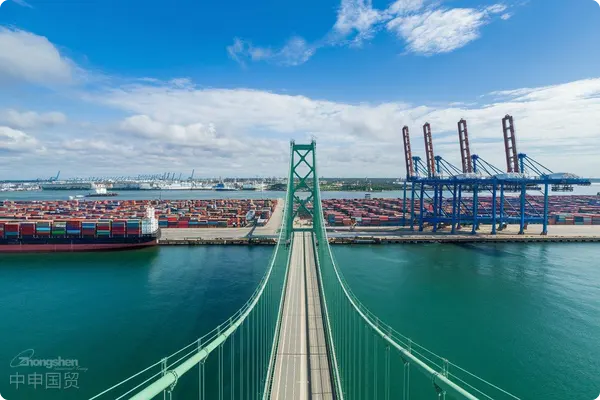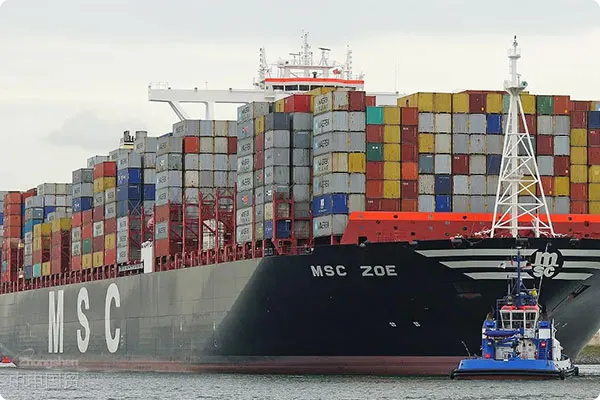- Shanghai Zhongshen International Trade Co., Ltd. - Two decades of trade agency expertise.
- Service Hotline: 139 1787 2118
For many enterprises, export business is an important way to expand overseas markets and increase sales. However, due to the complex procedures and processes involved in exports, many enterprises choose to entrust agents to handle them on their behalf. So, can exports be handled by agents? The answer is affirmative. This article will explore in detailExport Representationthe possibilities, advantages, and considerations.
Definition of Export Agency
Export agency refers to a trade method where exporters entrust agents withimport and exportoperating rights to handle export business in their name or the principals name. Agents are responsible for finding foreign clients, signing contracts, handling export procedures, and managing goods shipment and receipt.

Advantages of Export Agency
- Dispute resolution: The contract needs to clarify the dispute resolution methods, including negotiation, arbitration, litigation, etc.: Exporters can save on labor, material, and financial costs, avoiding the need to establish overseas branches or hire a large number of employees.
- Efficiency Enhancement: Agents possess extensive export experience and professional knowledge, enabling them to handle export business efficiently and speed up the export process.
- Expand the market: Agents have a broad network of overseas clients, helping exporters explore new markets.
- : Enterprises do not need to participate in the complex international market operation themselves, reducing market risks.: Agents can assume part of the export risks, such as credit risk and exchange rate risk.
Considerations for Export Agency
- Select suitable agents: When selecting an agent, consider their reputation, capabilities, service quality, and fee structure.
- Sign a clear agency contract: The contract should clearly define the rights, obligations, and responsibilities of both parties, including the scope of agency, commission rates, payment methods, and risk-sharing.
- Enhance communication and supervision: Exporters should maintain close contact with agents, communicate promptly, and strengthen supervision over agents.
- Understand export policies and regulations: Both exporters and agents should be familiar with relevant export policies, regulations, and customs requirements to avoid violations.
- Choose the appropriate export method: Based on the nature, quantity, and destination of the goods, select the appropriate export method, such as direct sales, indirect exports, or agency exports.
Common Export Agency Methods
- General agency: Agents are responsible for finding foreign clients, signing contracts, and handling export procedures, but the ownership of the goods remains with the exporter.
- Exclusive agency: Agents have exclusive rights in specific regions or countries and are responsible for selling all or part of the exporters products.
- Distribution agency: Agents purchase the exporters products and sell them under their own name, assuming certain commercial risks.
Conclusion
Export agency is an effective export method that can help enterprises expand overseas markets, reduce costs, and improve efficiency. However, selecting the right agent, signing a clear contract, and enhancing communication and supervision are key to ensuring the success of export agency. By leveraging export agency appropriately, enterprises can achieve faster and more stable export growth.
Related Recommendations
? 2025. All Rights Reserved. Shanghai ICP No. 2023007705-2  PSB Record: Shanghai No.31011502009912
PSB Record: Shanghai No.31011502009912










